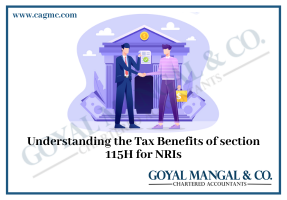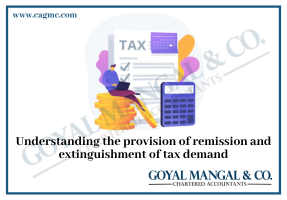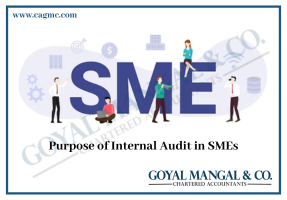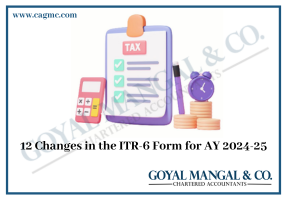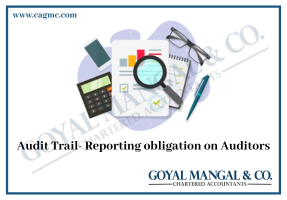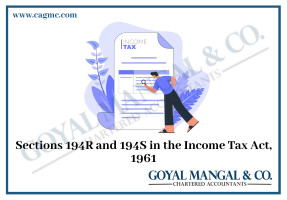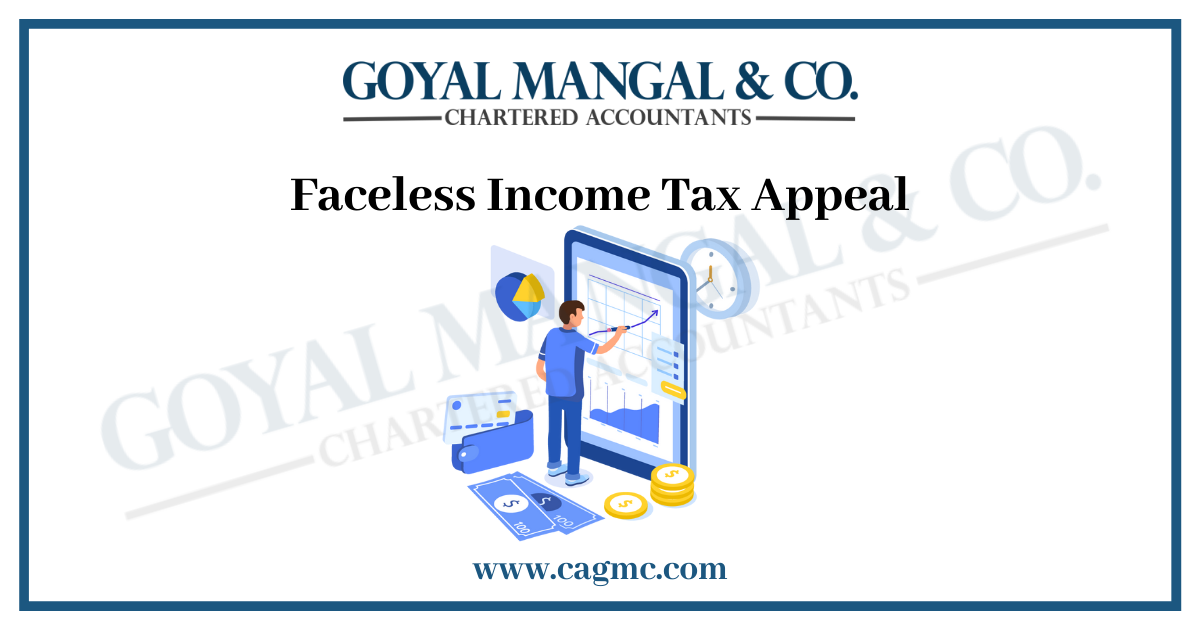
To eliminate physical interference the tax department has introduced a Faceless Income Tax Appeal. All the process of appeal is conducted through an online process only. Appellant is not required present physically in the department even the appellant can take part through video conferencing. On 13th August 2020, it was introduced in Income Tax Act,1961 and from 25th September 2020 came into force.
| TABLE OF CONTENT : |
Salient Features of Faceless Income Tax Appeal
- The territorial jurisdiction of appeal wish be finished and countrywide jurisdiction will apply as they are online.
- Pending and new appeals will be allotted by a computerized process to any commissioners.
- The commissioner who will be deciding the appeal his identity will be not be disclosed.
- All the documents and submissions will be done online by the appellant.
- If the appellant requires an oral hearing then it will be done on video conferencing according to the procedure laid down by the board.
- The decision of the appellate will be team-based and will be reviewed by the different commissioners before giving an order on appeal.
Advantages of Faceless Income Tax Appeal
- Provides connivance to the taxpayer.
- Increase transparency leads to less chance of fraud.
- Reduces the litigation process.
- Unnecessary physical communication between the commissioner (appeals) and appellant.
- Increase efficiency and accountability of the Income Tax department.
- Cost-efficient to the government and appellant.
Purpose of Faceless Income Tax appeal:
The main purpose is to avoid physical contact between the taxpayer and tax authority with this taxpayer can easily appeal for any tax claim without physical contact with the tax department authority. This method helps the taxpayer to make submissions and arguments from home, this saves the time and resources of the taxpayer. Only the minor appeals relating to the tax are done with this process. No major issues such as tax evasion, serious frauds, international tax, black money, etc are not applicable.
Procedure for faceless Income tax appeal:
- The National Faceless Appeal Center will assign the appeal to a specific appeal unit in any Regional Faceless Appeal Center by using an automated allocation system.
- If the appeal unit is satisfied that the appellant has sufficient reason for not filling in the prescribed time, the appeal will be admitted. If the appeal is rejected then have to intimate the National Faceless Appeal Center.
- If the appellant applied for exemption and the appeal unit thinks fit that the appellant has sufficient reason for exemption. Then appeal unit can exempt the appellant from the operation of section 249(4)(b) and will give the reason for the exemption in writing to the National Faceless Appeal Centre.
- National Faceless Appeal Centre will intimate the appellant about the admission or rejection of the appeal.
- After the admission of appeal, further information, documents, and evidence will be obtained from the appellant by The National Faceless Appeal Center at the request of the appeal unit. The National e-assessment Center or Assigning officer will inquire under section 250(4) of the Income Tax Act and will submit the report.
- The National Faceless Appeal Center will issue notice to the appellant or other person, e-assessment center, or to assigning officer to submit the information to the 7appeal unit on a specific date and time.
- The appellant or any other person has to submit the response to the notice within the prescribed date or time to The National Faceless Appeal Center.
- The National e-assessment center or assigning officer will submit the report to The National Faceless Appeal Center at the prescribed time or date or if the date is extended then, on the extended date or time.
- The report or response will be sent to the appeal unit by The National Faceless Appeal Center and where there is no response or report then it should be informed to the appeal unit.
- The appellant can file additional ground and the National Faceless Appeal Center will send additional evidence to the National e-assessment Center or assigning officer to furnish the report within a specific date and time on the admissibility of additional evidence under the rule 46A of Rules.
- After the admission of the additional evidence report will be submitted to the appeal unit. The appeal unit will consider the report and evidence, the reason to admit or reject will be recorded in written form, will intimate The National Faceless appeal center for same.
- The National e-assessment Center or assigning officer may request the National Faceless Appeal Center to directly produce the documents, evidence, or examination of a witness to the appellate proceeding.
- The National Faceless Appeal center will send a request, the appeal unit if think fit will prepare the notice and send it to the Appeal center. The appeal center will send the notice to the appellant to serve the response of the notice.
- When the appeal unit wants to enhance assessment, penalty, or reduce the amount of refund.
- The appeal unit will take all relevant documents and responses into consideration which is furnished by the appellant, or the National e-assessment center or the assigning officer.
If there is no other matter arising then the appeal unit will prepare a written draft order. And the order is to be sent to the National Faceless appeal center with the detailed penalty proceeding, which will be initiated therein.
- The National Faceless Appeal Center on the receipt of the draft order will send to the appeal unit other than the appeal unit which has prepared such an order. Any one regional faceless appeal center will conduct the review of such order.
- The appeal unit will review the draft order, will send it to the National faceless Appeal Center and will agree with the draft order or suggest variation if required.
- With the approval of the draft order by the appeal unit the National Faceless Appeal Center Will finalize the appeal as per the draft order.
- If there is any variation in the draft order which is provided by the appeal unit the National Faceless Appeal Unit, will assign the appeal to an appeal unit other than which has prepared or reviewed the draft order.
- The appeal unit to whom the appeal is assigned after consideration of variation will prepare a revised draft order and will send it to the National Faceless Appeal Unit with the detailed penalty of proceeding, to initiate therein.
- After getting revised order the National Faceless Appeal Center will pass appeal order:
- Communicate order to the appellant.
- Communicate order to the relevant commissioners such as principal chief commissioner, chief commissioner, principal commissioner, etc,
- Communicate order to the National e-assessment center or assigning officer.
- As the penalty is initiated, notice will be sent to the appellant and will ask the appellant to show the cause why the penalty should not be imposed under the provision of the Income Tax Act.
Conclusion:
As there was more than 4lakh appeal which was pending before the income tax department. With the help of this scheme, the process of appeal becomes easy and can be proceeded without delay. As the taxpayer does not require to be physically present for filling the appeal to the income tax department and even can attend the proceeding online. So, it was a crucial step taken by the central government to bring the system of the faceless income tax appeal.
